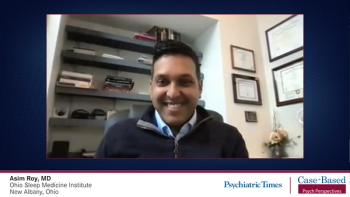
Sleep experts comment on diagnostic criteria for narcolepsy, factors that may lead to misdiagnosis, and the impact of the condition on a patient’s quality of life.

Sleep experts comment on diagnostic criteria for narcolepsy, factors that may lead to misdiagnosis, and the impact of the condition on a patient’s quality of life.
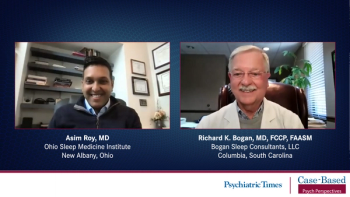
Richard K. Bogan, MD, FCCP, FAASM, and Asim Roy, MD, provide an overview of the pathophysiology of narcolepsy and the role of orexin in regulating the sleep/wakefulness cycle.

Is your card the king of rats? Is your card the queen of roaches?

"I hold a thousand kites in a field loosed from their tethers at once..."

An update from a patient we learned about a year ago.

"This is what you shall do: Love the earth and sun and the animals..."

Religious holidays seem to have psychological meaning in terms of processing internal and external oppression.

"Under the bludgeonings of chance, My head is bloody, but unbowed."

What word comes to mind on for the third anniversary of COVID?

"I remember perfumes and anxious sweat, who preferred the big leather chair and who liked to hide in the sofa’s corner."

Is burnout becoming normalized?

"This isn’t as easy as it seems..."

We're in the sweet spot of sports...
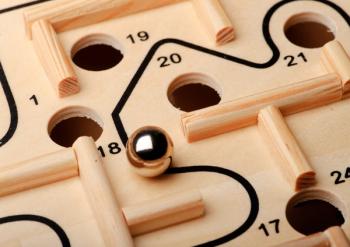
"There is a deep hole in the sidewalk. I fall in. I am lost... I am helpless."

How can we stop the intergenerational transmission of trauma?

COVID-19 forced us to use telehealth... Here's why sustaining those services is important.

"The dust of snow, From a hemlock tree, Has given my heart, A change of mood..."
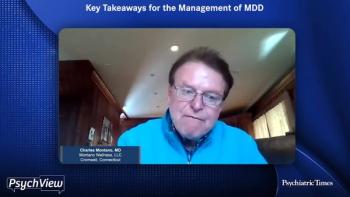
Carmen Kosicek, MSN, PMHNP-BC; Charles Montano, MD; and Gus Alva, MD, DFAPA, provide take-home messages for the management of patients with MDD and other depressive disorders.
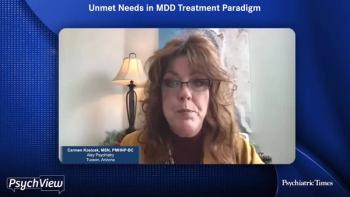
Experts in psychiatry examine emerging agents and unmet needs for the management of MDD.
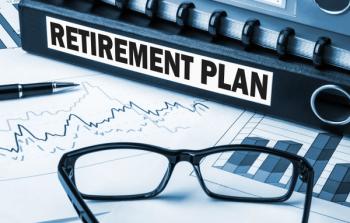
"Can you imagine how satisfying this will be when you're retired?"
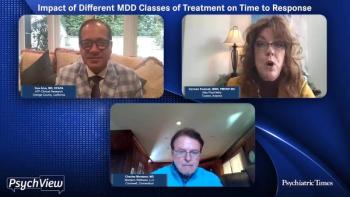
Charles Montano, MD, and Carmen Kosicek, MSN, PMHNP-BC, comment on the impact of various classes of MDD treatments on time to achieve goals and/or response.

Check out this winner of the 2022 Sigourney Award!

"If it bleeds, it leads..."
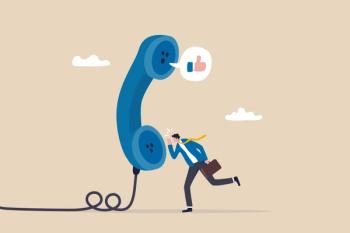
Are your patients ready to honor the time commitment for friendship? It can be as easy as 8 minutes.

"I wish I could have caught his eye, delivered the silent message that I understood what he had to go through every day to keep the peace..."
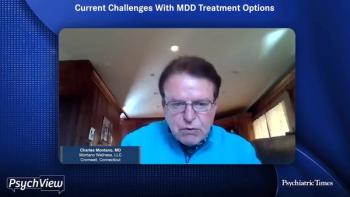
Carmen Kosicek, MSN, PMHNP-BC, leads a discussion on the level of satisfaction for both patients and providers with currently available MDD treatment options, barriers to access, and the impact of residual symptoms on a patient’s quality of life.
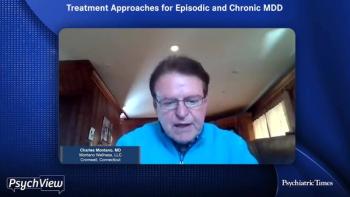
Experts in psychiatry share their treatment approaches for the management of episodic and chronic MDD.
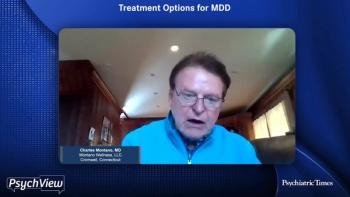
Charles Montano, MD, and Carmen Kosicek, MSN, PMHNP-BC, review currently available treatment options for the management of MDD and criteria used for treatment selection.
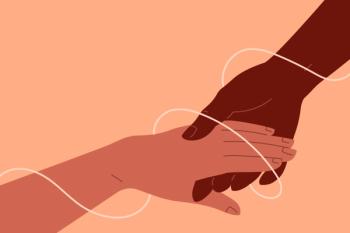
We need to emphasize love over hate...

“What we’re striving to do is conquer the unmet needs that are still here with treating ADHD, especially from a medication standpoint.”